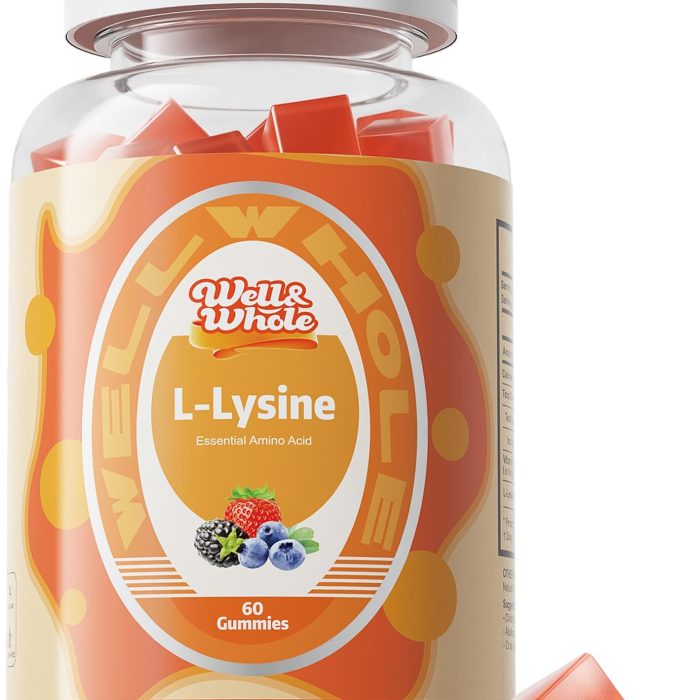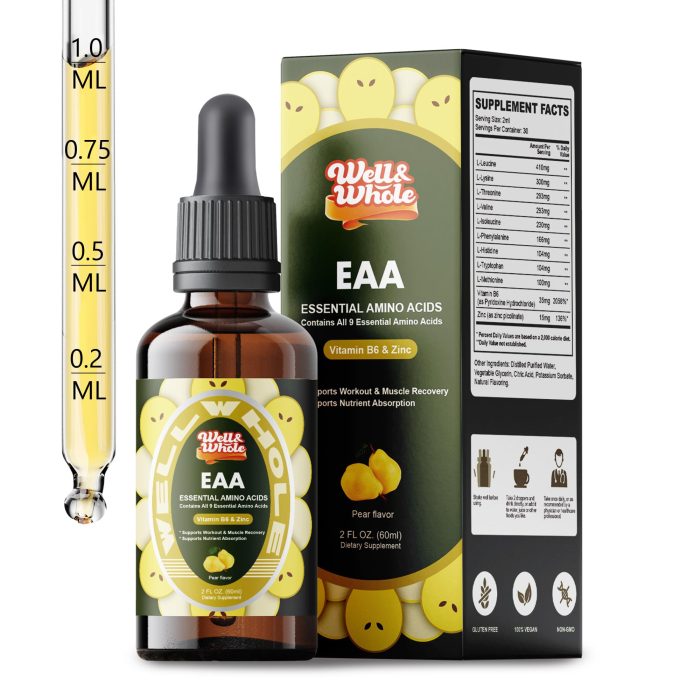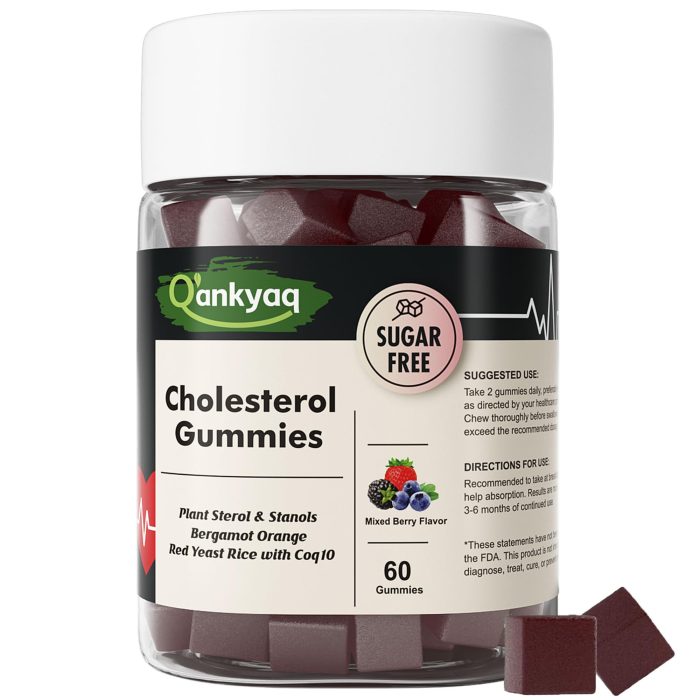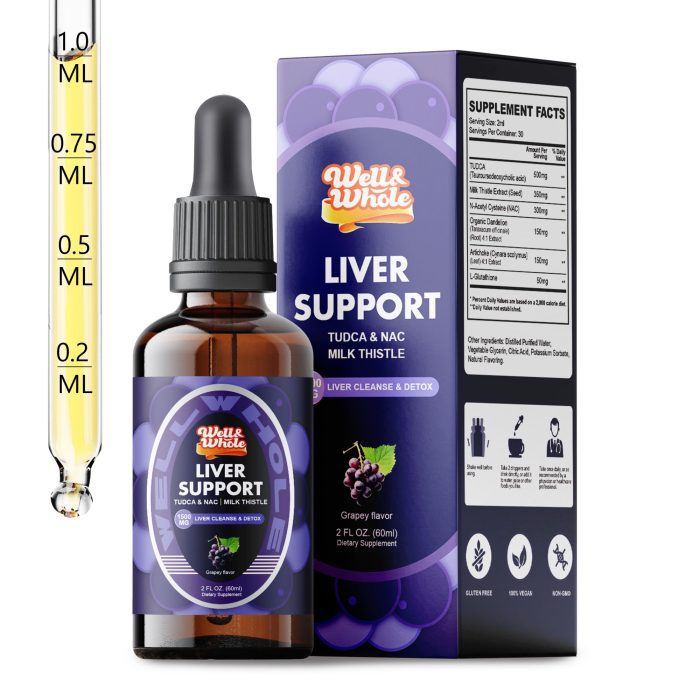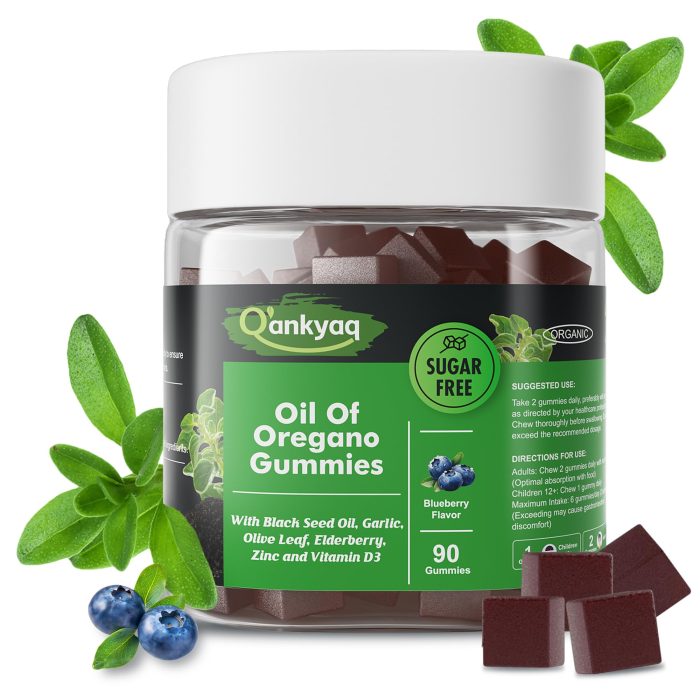Understanding how plant-based nutrients affect cardiovascular health is essential for anyone exploring dietary supplements. Plant sterols and stanols are naturally occurring compounds found in fruits, vegetables, nuts, and seeds that have attracted attention for their role in supporting healthy cholesterol levels. For a trading company specializing in health products, offering informed guidance on these ingredients helps customers make better choices.
What they are and how they work Plant sterols and stanols are structurally similar to cholesterol. When consumed as part of the diet or via supplements, they compete with dietary cholesterol for absorption in the intestines. This competition can lead to reduced LDL (low-density lipoprotein) cholesterol absorption, which is commonly associated with improved markers of heart health. Numerous clinical trials support their modest but consistent benefit when used as part of a cholesterol-conscious plan.
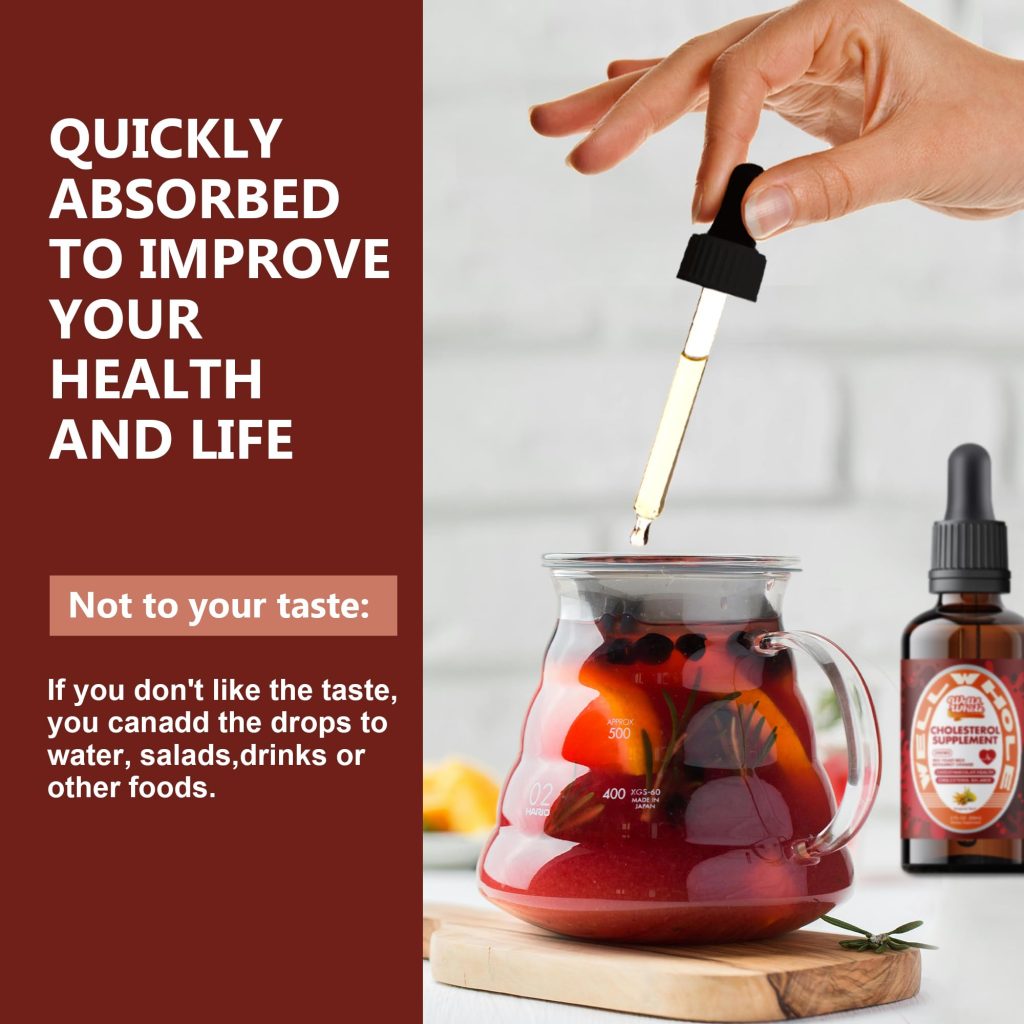
Evidence and practical benefits Clinical research indicates that a daily intake of about 1.5–3 grams of plant sterols/stanols can contribute to a measurable reduction in LDL cholesterol. It’s important to emphasize that these compounds are most effective when combined with other heart-healthy practices—such as a balanced diet, regular physical activity, and weight management—rather than used in isolation. As a trading company, Wellwhole curates high-quality formulations that standardize sterol and stanol content to help customers reach recommended intake levels.
Forms and consumption Plant sterols and stanols are available in functional foods (fortified margarines, yogurts, and juices) and in concentrated supplement forms. Supplements can be particularly useful for people who find it difficult to consume fortified foods consistently. When selecting a product, look for transparent labeling that specifies the amount of plant sterols and stanols per serving and clear usage instructions. For example, taking supplements with meals may improve their effectiveness because they act within the digestive tract.
Choosing the right product Not all products are created equal. Quality, purity, and dosage matter. As a supplier, prioritizes third-party testing and clear ingredient sourcing so customers can trust the sterol and stanol content. Consider these points when evaluating options:
- Confirm the combined daily dose recommended by the manufacturer.
- Check for independent quality assurance or certificates.
- Prefer products that include clear usage guidance and safety information.
Safety and considerations Plant sterols and stanols are generally well tolerated, but they are not a cure-all. Individuals taking cholesterol-lowering medications or those with specific health conditions should consult a healthcare professional before adding supplements. Women who are pregnant or breastfeeding and people with rare genetic lipid disorders should seek medical advice first. Also, while sterols can lower LDL cholesterol, they have limited effect on HDL (high-density lipoprotein) or triglycerides, so a holistic health strategy remains essential.
How a trading company can add value As a health supplement exporter and distributor, Wellwhole helps bridge research and retail by sourcing reliable plant sterol and stanol products and providing product information that aligns with current guidance. Educating customers through clear labeling, evidence summaries, and usage recommendations improves outcomes and builds trust.
Conclusion Plant sterols and stanols are a practical component of a cholesterol management plan when used responsibly. For consumers seeking supplements, choose products with verified sterol/stanol content and combine them with a healthy lifestyle. If you’re sourcing these ingredients or finished formulations, partnering with a reputable supplier like Wellwhole ensures consistent quality and clear information—essential for both retailers and end users. Always consult a healthcare professional before starting any new supplement regimen.


